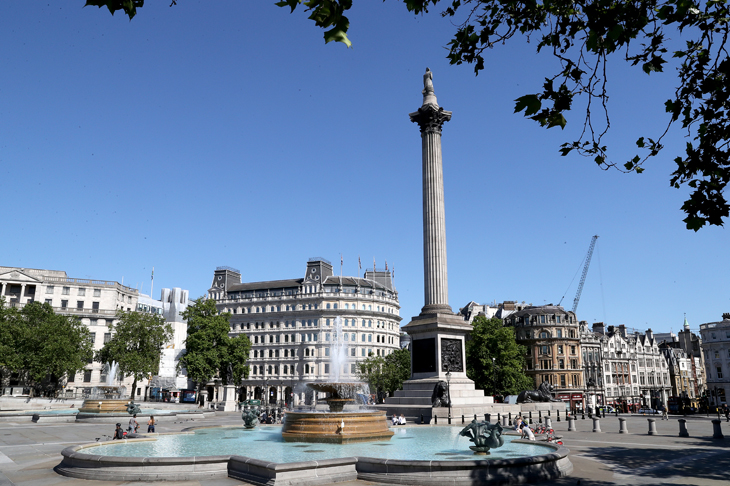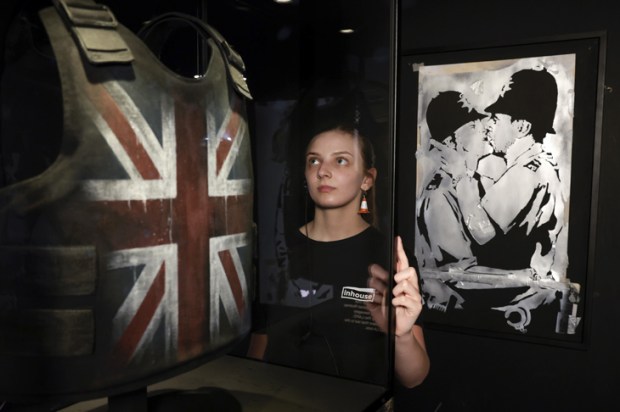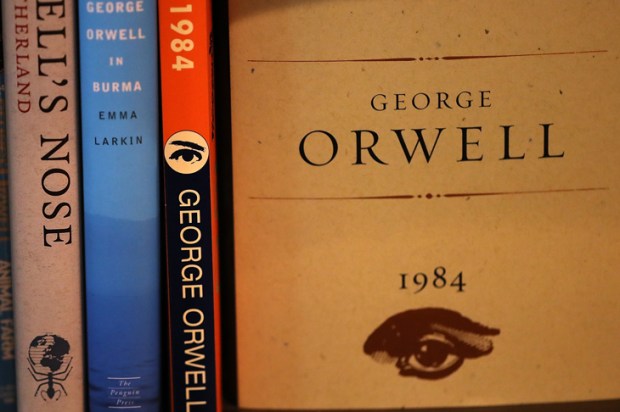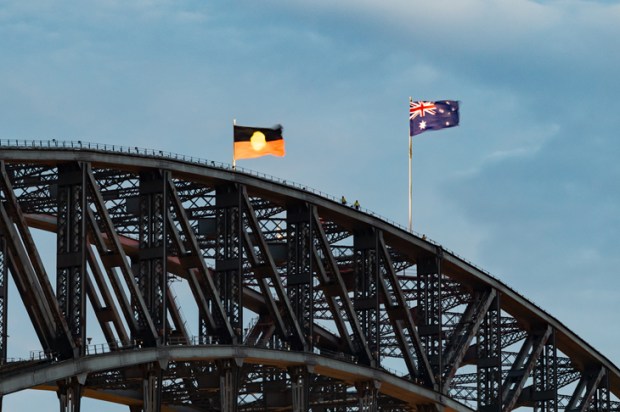Simon Collins
As soon as distance ceases once again to be a tyranny for Australians I will visit my elderly mother in what she likes me to refer to as Old South Wales. When doing this in the past, to make some of the trip tax-deductible, I’ve always found a work-related reason to add on a few London nights, and as a further economy I always stay at a club rather than pay the exorbitant room rates of West End hotels. My club being an oldish one, this involves observing house rules which some would find anachronistic and tiresome. But to save two hundred pounds a night I don’t mind switching my iPhone off for an hour or so every day and wearing a tie in the dining room. I’d happily renew my membership for the full English breakfast alone.
But that may soon be toast. The greatest threat to the survival of gentlemen’s clubs was always thought to be their constitutional opposition to female membership. But today many of them are in the crosshairs of an organisation which is more effective than any feminist lobby. And mine must be close to the top of its hit list. Because whatever concessions my club has made to diversity in the last few decades, and however conscientious it has been about broadening the demographic of its membership, it will never be able to atone for the sins of its founders, who, as the directors of the company which effectively built the British Empire, were also the beneficiaries of what was all too often indentured third world labour.
Before the British government extended its domestic ban on slavery to every corner of the empire, I’m ashamed to say the East India Company even dabbled briefly in the slave trade. It was certainly more engaged in it than the Royal Navy, whose commanders, after 1833, were mandated to intercept slave ships and free their cargoes. British warships probably did more to end the international slave trade, in fact, than the Catholic church. But that has not stopped Black Lives Matter activists demanding to have the most famous monument to the Royal Navy’s greatest hero pulled down. And if they are successful in getting one of the capital’s biggest tourist attractions removed from Trafalgar Square, what hope is there for a temple to the profits of white patriarchal colonialism in an otherwise unremarkable Georgian square half a mile away?
The East India Club does, in fact, still discriminate on the grounds of colour, as my son found out when he met me there for dinner last year. Having agreed reluctantly to don the prescribed jacket and tie he drew the line at borrowing a pair of my boring brogues, instead strolling into the elegant Regency dining room in the fashionable sneakers he had bought that afternoon in Covent Garden. He was halfway to my table when the head waiter, a humorous Bengali with whom I often talk cricket, intercepted him. ‘The shoes, sir,’ he murmured deferentially, in response to my son’s querying glance. ‘Too pale.’
I thought about Nelson recently when choosing a venue for an inaugural (and hopefully final) Covid consolation get-together for a few fellow Sydney journalists and writers. Not just because Nelson was also a columnist (sorry), but because a pub named after him in Sydney’s historic Miller’s Point happens to have an excellent private dining room. In the end, social distancing regulations precluded it, so we settled on another room above another pub just around the corner. This one, The Hero of Waterloo, also happens to be named after a dead white male bastion of empire, so one day it may also find itself a target of woke outrage.
I thought about opening the proceedings by drinking to Wellington’s memory, and to the defeat of Napoleon, and indeed to the damnation of all Frenchmen. But we’ll probably just have some Abba playing gently in the background.
Peter Scammell
Attendances at almost all churches have fallen dramatically over the last 50 years and I have often wondered why.After all, the churches offered happiness, help and hope. The people that go there are, by and large, nice and friendly and there is no charge. Of course they do like a donation but I’ve never heard of anyone being turned away because they had no money. So why the drop-off in crowds?
Last Friday it hit me. In what philosophers call a BGO (blinding glimpse of the obvious) I realised that it is the banks wot dun it. Over the years they have spent literally millions upon millions of dollars telling the world what wonderful places they are to visit. Back in the 70’s everyone received a bank card in the mail. Completely unexpected and unsolicited; suddenly we all had credit. The personal (no particular reason) loan became freely (sic) available soon after. The language changed from ‘saving up’ to ‘paying it off’. Why spend our precious time in a boring old church for an hour a week in the pursuit of happiness in the hereafter when the local bank was offering it right now? Their branches are modern, streamlined and dripping with technology – oh yes! Don’t forget the technology, which brings me back to last Friday’s experience.
Most of my business customers pay by electronic transfer but some still give me cash and so every Friday I go to the ATM to make a deposit. Everything was going smoothly as I fed about a thousand dollars into the mechanical mouth, when suddenly it spat out my card and shut itself down. Just like a child who won’t eat their greens, this transaction was going nowhere. The monster had eaten my money without recording who I was.
Aware that I was in a haven of happiness, I calmly approached a teller, believing that he would chastise the offending machine and all would be fixed. He was courteous enough but his ‘sh-t happens’ shrug indicated that I had a battle on my hands. This was confirmed when he told me that I needed to register a dispute, the terminology implying that I might be a scammer or at best was somehow mistaken about what had occurred. An investigation would begin in 48 hours from now.
I was fortunate to have money in my account and I will get by without too many problems but consider the case of some poor hapless person who lives from one payday to the next. The banks encourage people to use ATMs, but when things go wrong it is all the customer’s fault.
The banks are offering zero interest rates which seems to go hand in glove with their levels of care and morality. Perhaps when all this Covid-19 stuff is behind us and the glitz and glamour of the banks and others, with their artificial intelligence which was exposed by the Royal Commission for the sham that it is, things will be different. The banks and financial institutions received a shellacking at the hands of the Royal Commission and went very quiet for a time but they’re back; seizing on the pandemic as a means to rebuild their reputations as good corporate citizens. Should we dare to hope that this time around they will find a better mix of morality and technology?
The banks are an indispensable part of our lives and they need to realise that comes with a heavy burden of responsibility. The churches have come in for their share of criticism and do not appeal to everyone, but perhaps there will come a realisation that the human touch, with its potential for care and compassion can be superior to cold technology. The future is bright and technology is doing many wonderful things but we should not lose sight of the fact that it is also capable of producing such things as a hideously inhuman, money munching monster.
Got something to add? Join the discussion and comment below.
Get 10 issues for just $10
Subscribe to The Spectator Australia today for the next 10 magazine issues, plus full online access, for just $10.
You might disagree with half of it, but you’ll enjoy reading all of it. Try your first month for free, then just $2 a week for the remainder of your first year.














Comments
Don't miss out
Join the conversation with other Spectator Australia readers. Subscribe to leave a comment.
SUBSCRIBEAlready a subscriber? Log in